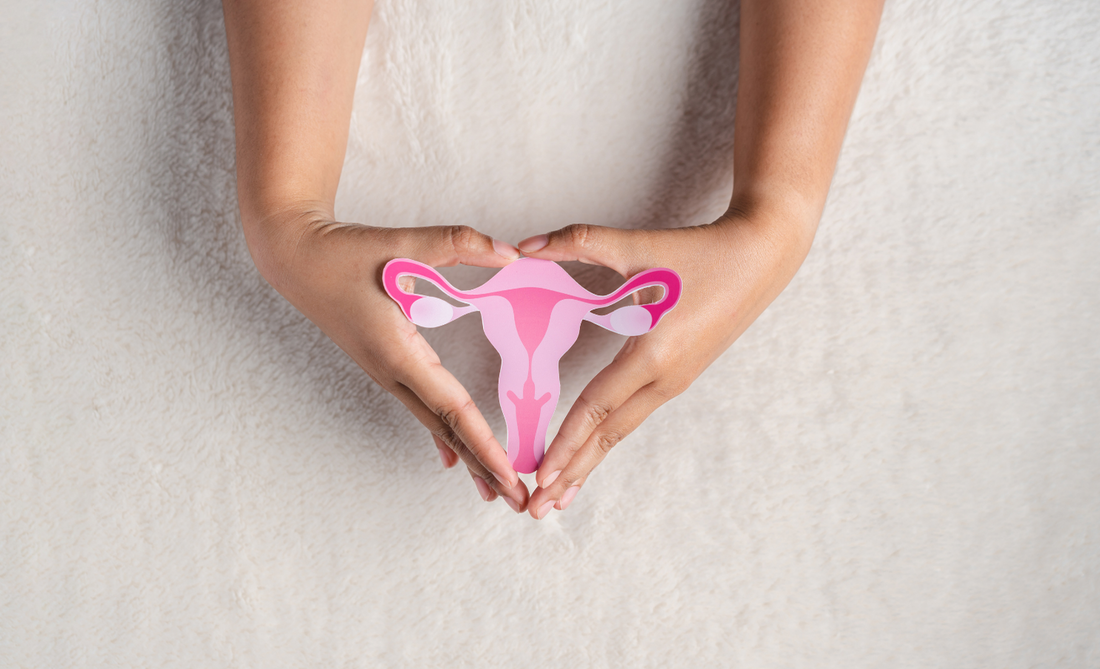Let’s face it, the confusion around PCOD and PCOS has been around for a while. Although both of them sound similar and affect the ovaries, one is more serious and rarer than the other. Now, we know that all of us have been troubled by the thought of how the former is different from the latter and to end the confusion once and for all, we are presenting to you this blog which will explain in 5 points how PCOS is different from PCOD.
PCOD (Polycystic Ovarian Disease)
Normally, for people without PCOD, the ovaries release two fully mature, ready to be fertilized eggs every month. Then, what happens in PCOD? In PCOD, the ovaries often release immature or partially matured eggs which can convert to cysts. Ayurveda views PCOD as an imbalance in the Kapha dosha, which causes excess mucus and fluid accumulation in the reproductive system, leading to cyst formation.
PCOS (Polycystic Ovary Syndrome)
On the other hand, PCOS is a broader and more complex condition. In PCOS, the ovaries are not only affected by cyst formation but are also characterized by hormonal imbalances. Women with PCOS may have higher levels of androgens (male hormones) in addition to insulin resistance, which makes it challenging for their bodies to process sugar properly. Ayurveda associates PCOS with an imbalance in multiple doshas, particularly Vata and Kapha, leading to the manifestation of various symptoms.
2- Symptoms Differ
While PCOD and PCOS may share some common symptoms like irregular periods and fertility issues, they have their unique set of symptoms as well.
PCOD symptoms typically include irregular or absent menstrual cycles, heavy bleeding, and abdominal pain. Ayurveda suggests that PCOD symptoms result from an excess of Kapha dosha, causing sluggishness and imbalance in the reproductive organs.
PCOS symptoms are more comprehensive and can include irregular periods, hirsutism (excessive hair growth), acne, weight gain, and even insulin resistance. Ayurveda sees these symptoms as a combination of Vata and Kapha dosha imbalances, affecting both the menstrual and endocrine systems.
3- Diagnosis Varies
Diagnosing these conditions differs as well. PCOD is usually diagnosed through ultrasound, which can reveal the presence of ovarian cysts. In Ayurveda, an Ayurvedic practitioner may also use pulse diagnosis (Nadi Pariksha) to assess the balance of doshas in the body.
PCOS, on the other hand, requires a more comprehensive evaluation. It involves blood tests to check hormone levels and often a physical examination to assess symptoms like hirsutism and acne. Ayurveda, in PCOS cases, takes into account not just the symptoms but the underlying dosha imbalances to guide treatment.
4- Treatment Approaches
In PCOD, treatment primarily focuses on managing the symptoms and cysts. Conventional medicine may prescribe birth control pills to regulate the menstrual cycle or other medications to induce ovulation. Ayurveda, on the other hand, takes a holistic approach, addressing the Kapha dosha imbalance through diet, herbs, and lifestyle modifications.
For PCOS, treatment is more complex. It may involve addressing hormonal imbalances, insulin resistance, and managing other symptoms. Conventional medicine offers a range of treatment options, from hormonal birth control to medications that improve insulin sensitivity. Ayurveda, in the case of PCOS, aims at restoring overall balance, which includes managing both Vata and Kapha dosha imbalances through dietary changes, herbs, and lifestyle adjustments.
5- Prevalence and Risks
PCOD is more common and affects a significant number of women during their reproductive years. It is generally considered less severe, although it can still lead to fertility issues.
PCOS is less common but potentially more severe, as it is associated with a higher risk of long-term health issues, including type 2 diabetes, cardiovascular problems, and infertility. Ayurveda emphasizes the importance of early diagnosis and holistic management to prevent these complications.
In conclusion, while PCOD and PCOS may seem similar on the surface, they differ in their causes, symptoms, diagnosis, and treatment approaches. Ayurveda provides valuable insights into the dosha imbalances that underlie these conditions, offering holistic methods to manage and alleviate their effects. If you suspect you have either PCOD or PCOS, it's essential to consult with healthcare professionals and Ayurvedic practitioners to tailor a treatment plan that suits your unique condition and needs.




























